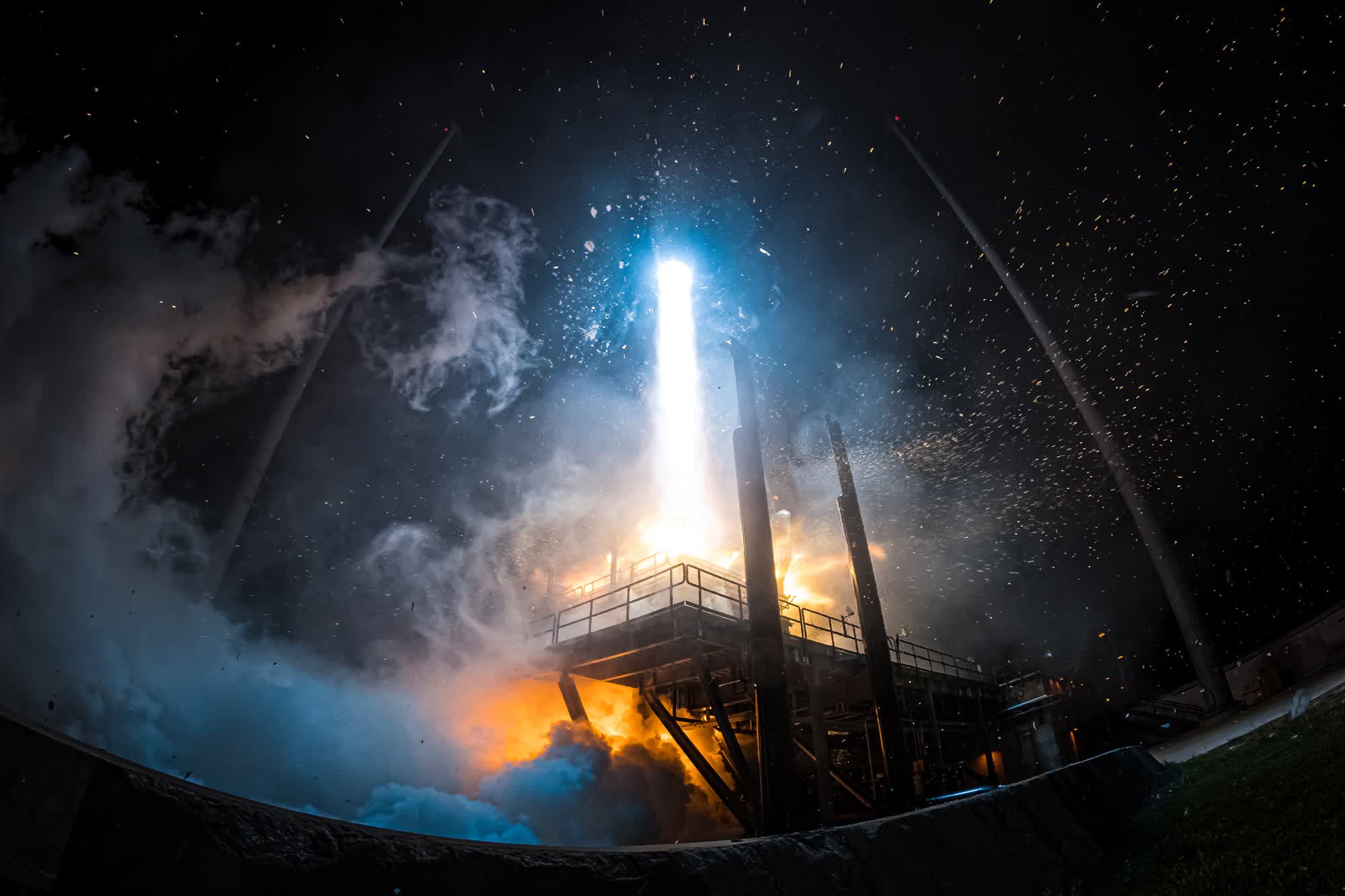In brief: Eric Schmidt, best known as Google’s CEO and public face during the early 2000s, has taken on a surprising new role. Several years after stepping away from Alphabet, Schmidt has acquired a controlling stake in aerospace manufacturer Relativity Space and is now serving as the company’s CEO.
In his new role as CEO of Relativity Space, Eric Schmidt appears to be exploring the idea of launching data centers into Earth’s orbit. During a recent congressional hearing, Schmidt discussed the future of AI and US competitiveness, emphasizing that the energy demands of massive data centers are already spiraling out of control.
At the hearing, Schmidt noted that an average US nuclear power plant generates around 1 gigawatt of power, yet some companies are now designing data centers that may require as much as 10 gigawatts. He warned that data centers could need an additional 29 gigawatts within just a few years, and up to 67 more gigawatts by 2030. “These things are industrial at a scale that I have never seen in my life,” he said.
Space journalist Eric Berger speculated that Schmidt’s acquisition of Relativity Space was likely driven by the ballooning energy needs of AI data centers. Schmidt later confirmed the assumption with a characteristically concise, one-word reply.
Indeed, the former Google chief is seriously considering using Relativity’s rockets to deploy data centers in orbit – a move driven by the realization that Earth may not have enough power to sustain the exponential growth of generative AI.

Relativity Space was founded in 2015 as a private spaceflight company focused on additive manufacturing technology. The company is currently developing Terran R, a partially reusable, two-stage heavy-lift launch vehicle that is being built in part using 3D printing. Once completed, Terran R is expected to carry up to 33,500 kg of cargo into low-Earth orbit and return safely to the ground.
According to Schmidt, the only viable way to meet the exploding power demands of AI data centers is by harvesting solar energy directly in space. Acquiring control of Relativity Space gives him privileged access to one of the few independent aerospace companies still working on new rocket technology, at a time when SpaceX and Blue Origin are largely entwined with their billionaire founders’ political fortunes and personal ambitions.
However, Schmidt’s now-confirmed ambition to orbit data centers faces challenges that no company has yet solved. While theoretically possible, the concept may prove economically unfeasible – or even technically impossible – with current rocket capabilities. And if the AI bubble bursts, the energy crisis it’s creating could vanish just as quickly.
Source link